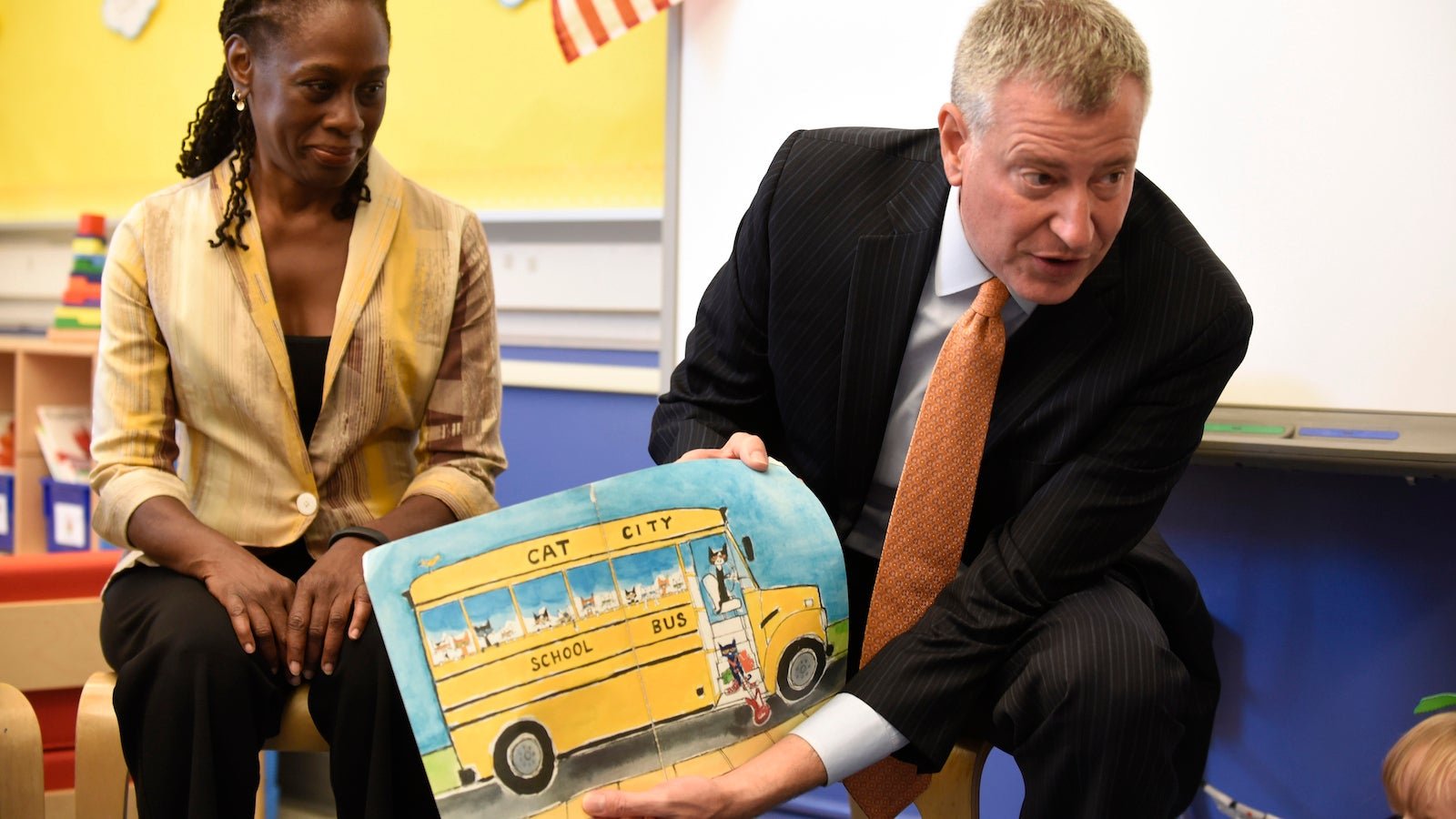To keep young kids out of trouble, New York City wants schools to stop suspending them
It seems counterintuitive at first: keeping kids from misbehaving by not suspending them for misbehavior.


It seems counterintuitive at first: keeping kids from misbehaving by not suspending them for misbehavior.
That’s the crux of a new education plan introduced July 21 by New York City mayor Bill de Blasio, which proposes banning out-of-school suspensions for students in kindergarten through second grade and replacing them with alternative methods of discipline. The idea isn’t to go soft on trouble-making kids. It’s actually to find more nuanced ways of addressing problems in the classroom, and ultimately to halt the city’s school-to-prison pipeline.
New York City’s new plan is part of a larger push to increase school safety and cut down on incarceration rates. (More than 800 students in K-2 grades were suspended last year.) Some schools and teachers’ unions are criticizing the strategy, saying banning suspensions will cause disruptions and possibly “violent incidents” in classrooms. Yet educational reform supporters say the plan, which only applies to K-2 students, doesn’t go far enough.
Misbehavior is common amongst young kids in America’s schools—but it’s the students punished with suspensions who end up being most likely to drop out of school and end up in jail later in life. A racial issue persists in all of this, too. Data from the US Department of Education show that black students are more than three times more likely than white students to receive suspensions, meaning they’re all the more primed to become delinquent. And then there’s the cost: a report from the University of California’s Civil Rights Project this summer using high school data estimated that suspensions cost the US more than $35 billion a year in social fees, criminal justice expenses, and lost tax revenue.
Regardless of the contention around it, De Blasio’s proposal, if adopted, would bring the largest school system in the country on board as well—forcing the US to take a serious second look at the way it currently approaches discipline in education. A decision will be made in the next few weeks.